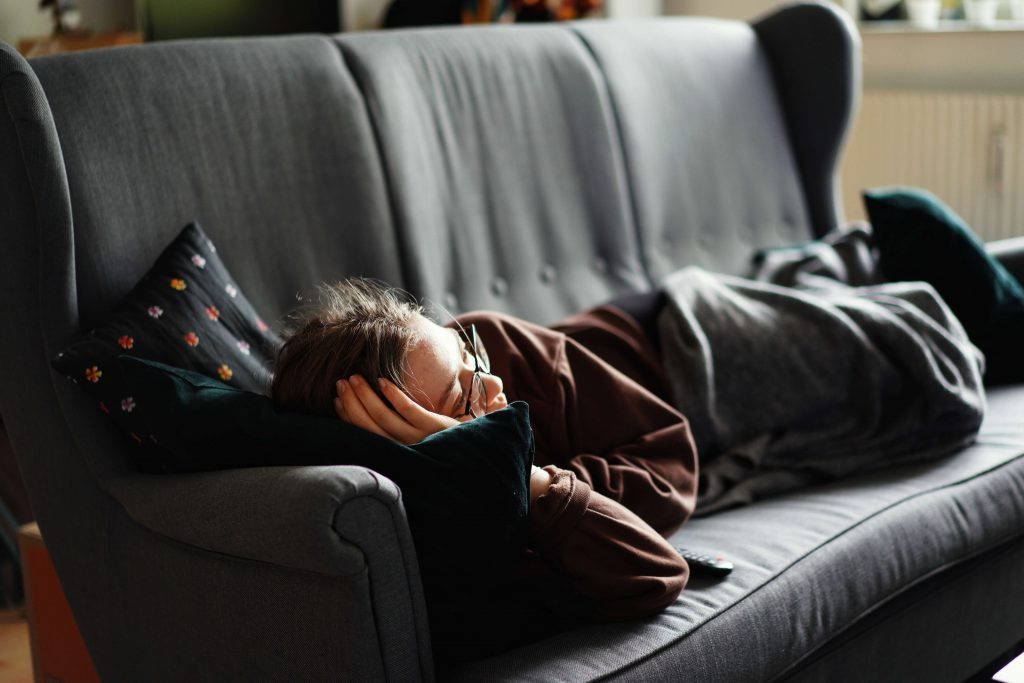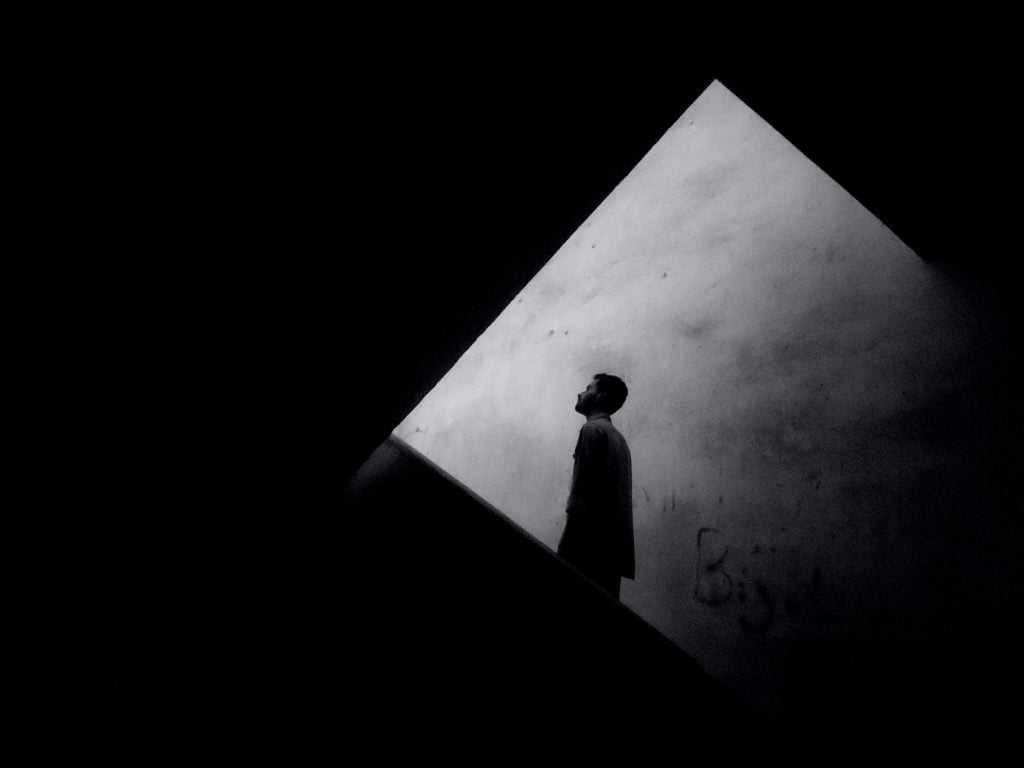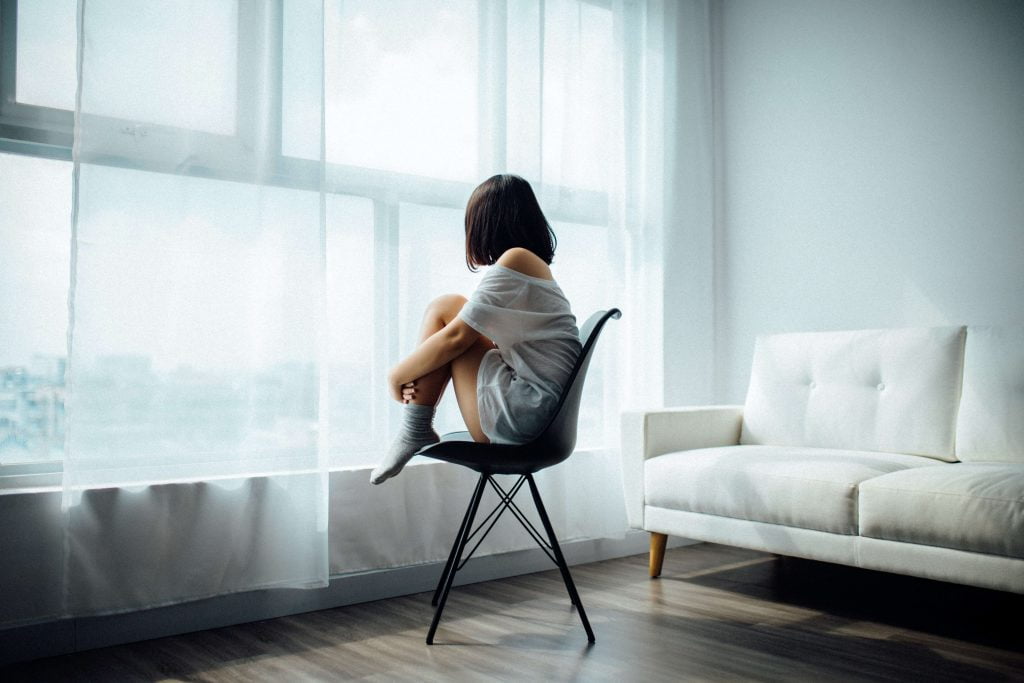Depression nap refers to the practice of napping whenever one is feeling low in an attempt to improve the mood. While napping whenever you are feeling sad or tired is not a problem, doing so on a daily basis might be connected with depression.
It’s not a secret that mental health and sleep are very closely connected. While too little sleep can have a negative effect on some people’s moods and emotions, too much sleep is also not a good thing. In fact, sleeping for excessive amounts of time is sometimes connected with depression.
However, you might be just one of those people that are more prone to feeling sleepy during the day and more active in the dark hours. Check out our article about being more productive in the night.
Some of the studies suggest that between 65% to 90% of adult patients diagnosed with depression have had some form of sleep dysfunction. Napping for long periods of time on a regular basis was one type of sleep dysfunction experienced by those individuals.
Is Napping A Coping Mechanism?
It is important to understand that common napping is not a problem, as people typically go for a nap whenever they’ve had too little sleep during the night or when they are too tired and want to recharge.
Depression napping, on the other hand, has its roots in avoidance. Whenever people are taking depression naps, they tend to do so to escape from the thoughts and feelings they are experiencing. Therefore, depression napping is a coping mechanism that the brain engages in when a person wants to avoid facing certain feelings and emotions.
Depression naps can last anywhere from a couple of minutes to several hours, and sometimes a person spends the whole day in bed. It is also known that depression naps can trigger anxiety, as the person may think that he/she wasted time napping instead of getting things done.
Is Taking Naps For No Reason A Symptom Of Depression?

Napping, in its nature, is not a symptom of depression. However, as depression is tied with such symptoms as exhaustion, fatigue and lethargy, napping often comes as a solution.
While occasional napping is not a problem, regular and prolonged napping can cause issues. These can include lack of sleep during the night, inability to concentrate on work during the day, and feelings of guilt and frustration.
A lot of people with depression describe napping as a frustrating experience, yet, they can’t help but take a nap during the day. Some people with ADHD also report escaping to napping as a way to cope with their emotions. This often prevents people with mental health problems from properly dealing with their issues and overcoming them, as they feel too tired and mentally exhausted.
Is Napping Good For Mental Health?
While there are some studies that suggest that afternoon naps can improve mental agility, there is still no proof that napping can prevent cognitive decline related to ageing. According to Dr. Abhinav Singh:
“Any person can benefit from a short nap in the mid-afternoon, especially when timed with their natural circadian dip. Short (less than 30 minutes or so) naps have been shown to increase alertness, and improve cognitive performance, and improve mood for the rest of the day.”
Diagnosis or Identifying Depression Naps
We already know that feelings of depression can lead to sleepiness and tiredness. The opposite is also true – feelings of sleep deprivation, overall mental and physical exhaustion, and stress can lead to people feeling depressed.
But how to differentiate between common sleepiness, tiredness and depression?
It’s easier to spot sleepiness by asking yourself if you’d be able to fall asleep right at this moment. If the answer is yes, look into your sleep hygiene – are you getting the 7-8 hours of sleep per night? If not, try prioritizing your sleep over the next couple of weeks and see how you feel.
With fatigue and exhaustion, it’s not necessarily that the person is sleepy and is ready to fall asleep right now. People can experience tiredness and low energy, as well as low levels of motivation. It’s important to visit a doctor, in this case, to rule out any potential underlying health problem.
When it comes to depression, some first signs to look for are low mood and loss of interest in pleasure. Some other symptoms can include feelings of hopelessness, thoughts of suicide and low appetite, among many others. Some depressed people can have an increased necessity for sleep, due to the fact that they have low levels of energy but also because they want to escape facing their emotions.
If you think you may have symptoms of depression, it’s very important to talk to your family doctor so he or she can help you find the professional help you might need.
Depression Nap Causes

It is possible that a desire to nap stems from sleep deprivation, but as discussed earlier in the article, it can be one of the symptoms of a mental health issue. In fact, a lot of people diagnosed with depression also have insomnia, so they are sleep deprived, which makes them feel tired and low.
Yet, some people that are depressed and experience insomnia might not be able to sleep during the day. That’s why it’s important to seek professional help.
Depression Naps Treatment
Treatment for depression naps typically is the same as the treatment for depression itself. Mental health professionals will be able to help you build an appropriate treatment plan, which can include prescription medication and therapy sessions.
If you think your napping is not connected with depression, speak to your family doctor to address this problem. They can help you set up proper sleep hygiene and schedule. It’s very important to go to sleep at the same time every day, even on the weekends, as well as stay away from electronics at least 1 hour before bedtime.
